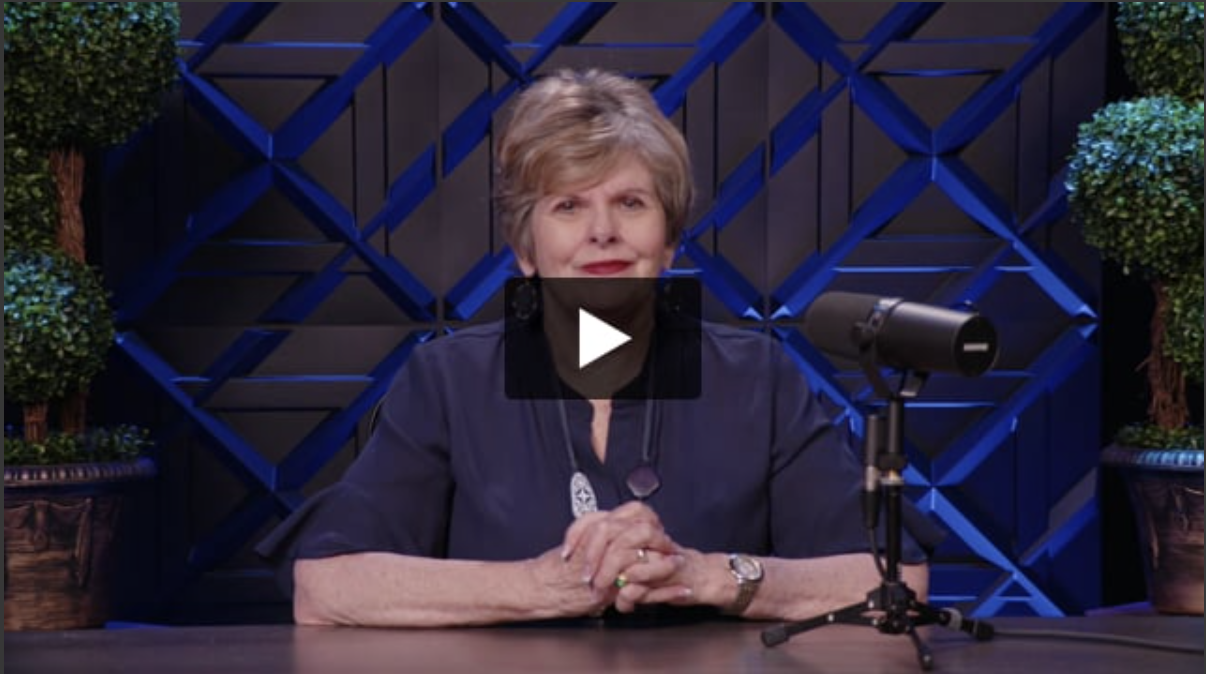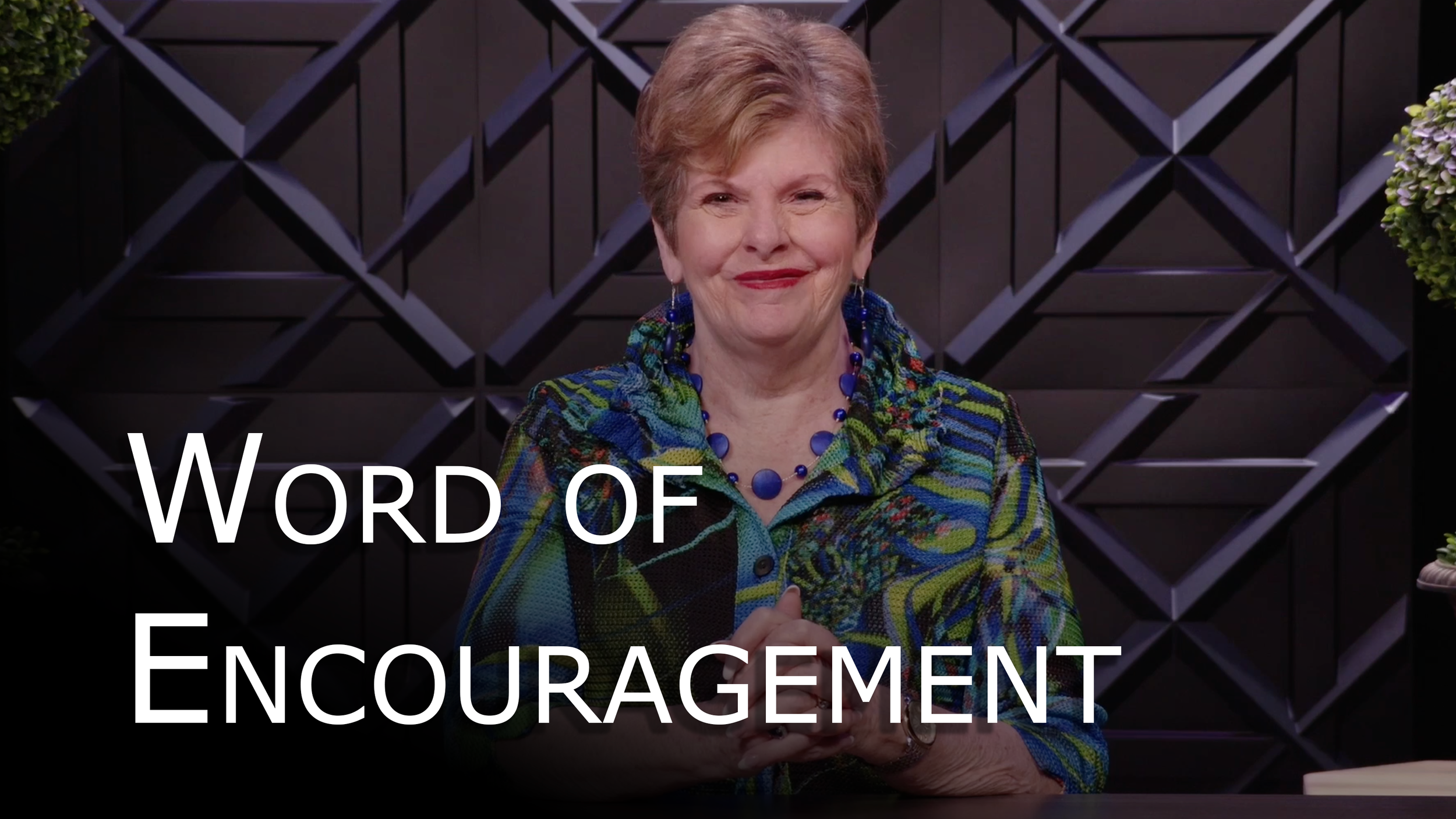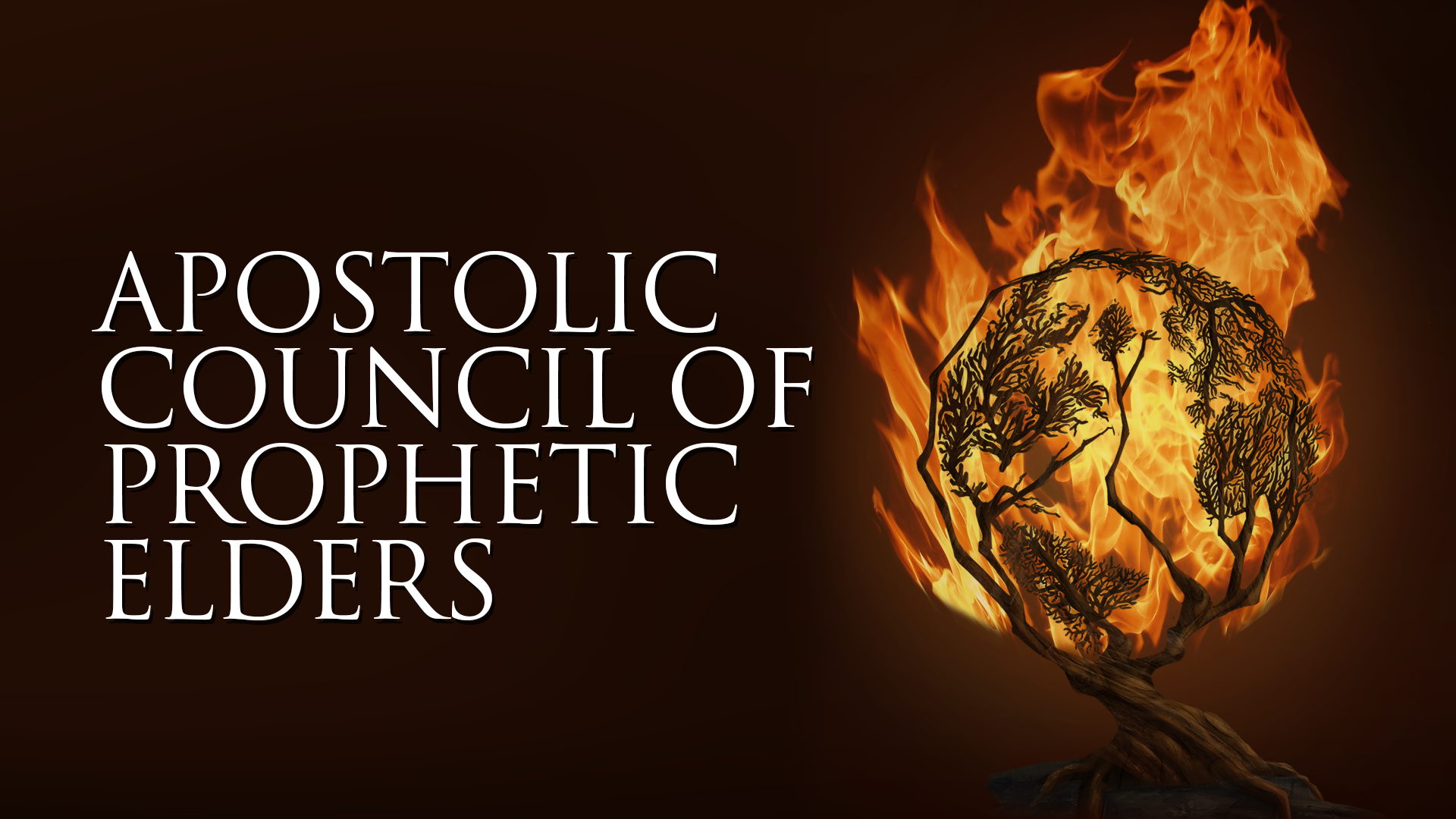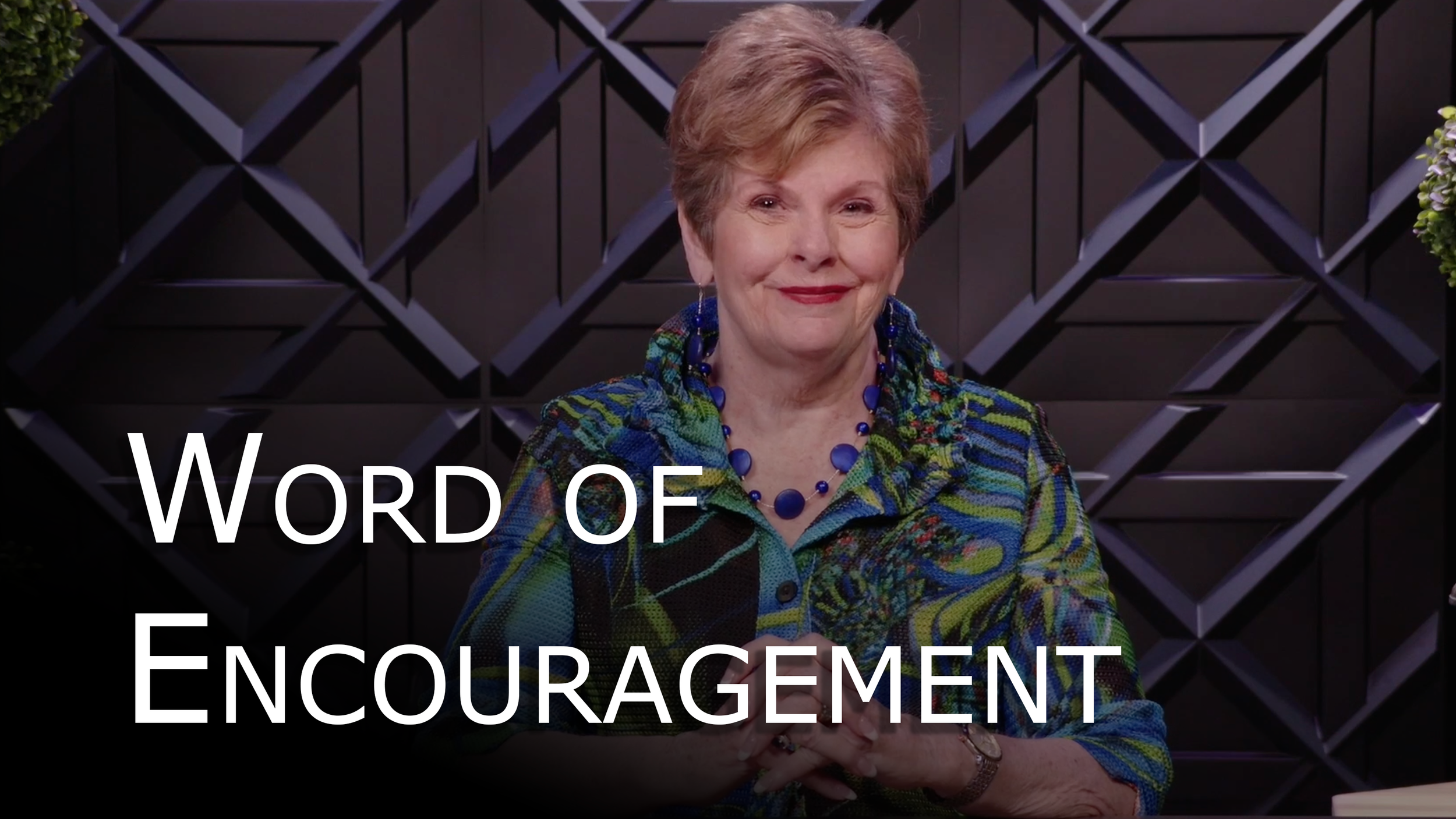The Hearts of the Fathers
“And he will turn the hearts of fathers to their children and the hearts of children to their fathers...” - Malachi 4:6
A very distinct memory I’ve carried with me since I was 15 years old is the day I got my driver’s license. It’s not the actual test that has lingered with me; it’s not holding my license for the first time or even finally being able to drive on my own.
No, my distinct memory comes from inside the cab of my father’s Ford Ranger right after I got my license. Climbing into the passenger’s seat, I looked over to see him half-smiling, as I proudly showed him the piece of plastic that marked a new season in my life.
He stuck out his leathery-tough hand. “Congratulations, bud,” he said quietly while I shook his hand. “I’m proud of you.”
He reached over and gave me a small box that contained a brown, leather wallet—my first. “This is for you. I figured you’d need one now.”
A mixture of emotions welled up within me. This wallet was much more than a couple pieces of leather sewn together; it symbolized the start of manhood and my father’s recognition of me as a man. In that moment, I felt like a man. I shook his hand like a man. I was now able to drive like a man.
Almost ten years later, I stood at an outdoor altar overlooking the Rocky Mountain Continental Divide in Winter Park, Colorado, at the threshold of another new season—marriage. With my beautiful bride across from me, and friends and family watching, my father declared a marriage blessing over us. I got a little teary-eyed in that moment with my dad blessing us as a couple, and just like he had spurred me into manhood, he blessed my new role as a husband.
The Tragedy of Fatherlessness
Those are moments in my life that I will always remember and will always be grateful for the presence of my dad.
Tragically, so many people will never know what it’s like to have a father in their lives and to experience such moments.1 As one of the most urgent issues facing American families, fatherlessness not only damages many of its victims, but is also connected to a number of societal challenges.
In many cases, when a good father figure is absent, individuals struggle with foundational principles, values and stability needed for navigating life. Of course, there are always exceptions—I’ve had many friends who were raised without fathers and are great, godly people. However, the importance of having a good father (or father figure) in all stages of life is significant.
Where the father role is empty, many people struggle to know God as Father, even to find salvation in Christ. Since fathers have tremendous influence on our perception of who God is, it’s no wonder that many young (and old) people in our nation refuse to believe in His existence or have misconceptions about His character.
Additionally, there are countless people who have fathers but suffered from abuse or neglect during their childhoods; they struggle with viewing God as an angry, punishing slavedriver who must be pleased, instead of viewing Him as a good Father with whom a relationship of love and freedom can be enjoyed.
Earthly fathers have a unique opportunity to mirror the character and nature of God as heavenly Father. It’s a father’s responsibility to exemplify certain facets of God to his children—His love, patience, protection, understanding, wisdom, and discipline, to name a few.
If you’re a father, it makes you think about how you’re treating your children, doesn’t it? It’s a reality that must be taken to heart when you have children. Apart from everything else that comes with being a dad, the primary responsibility is to demonstrate who God is.
Healing the Cycle of Wounding
Of course, no earthly father is perfect. There are good days and bad days, successes and failures.
When dealing with habitual struggles or mistakes, it’s important to consider deeper issues that may be at work. In his book, Wild at Heart, John Eldredge refers to this as the ‘father wound.’ The basic premise is that all men have some sort of hurt that will affect their children in a negative way, whether passively or aggressively. The challenge that Eldredge presents is to identify the damage and seek healing, in order to become better men. (This same premise applies to women as well, even if the evidence of the pain looks different.)
Many negative familial cycles can result due to hurts not being healed. How many alcoholics have grown up in the households of alcoholics? How many people who were abused end up abusing their own children? How many parents who were controlling or critical pass those traits on to their families?
If you are carrying wounds, especially related to your father, I implore you to seek inner healing from the Lord. You may even need to receive counseling or reconcile with your children, but I encourage you to be the one who breaks the damaging cycle in your family!
Through all this, be encouraged that there is great news—God is committed to restoring broken relationships, especially those in families. No family is too broken or too messed up to be transformed by His love.
Moving Forward
If you’re a parent, remember that you’ve been entrusted with the privilege of displaying the heart of God to your children. Be mindful of the way you are speaking to and treating your family.
If you have wounding in your life that could affect your children and/or spouse in a negative way, seek healing and break the cycle!
If you have grown up without a father, you may carry the wounds of this or not truly understand how God can be a Father to you. I encourage you to seek Him and ask Him to teach you what it means to be His son or daughter. I would also encourage you to seek godly father figures that will take you under their wings while representing the parental heart of God.
If you do have a good, godly father, learn from him (even if you’re older and living on your own). Learn how to represent the character and nature of the Lord to others by the way your dad represented it to you.
It’s also equally important to learn from the negative. What areas where your father was weak affected you negatively or created wrong mindsets in your life? Are there any negative qualities from your dad that you recognize in yourself that must be corrected for the well-being of your children or future children? Learning from both the positive and negative will allow you to truly be a better person and represent Christ in a deeper way.
It is never too late to find healing and freedom from the wounds of our past. And you are never too old to pursue an understanding of God as your Father. He longs to reveal Himself this way to you, if you will only ask.
Notes:
According to the National Center for Fathering, at least one-third (33%) of children in the United States are being raised without a biological father in the home.








